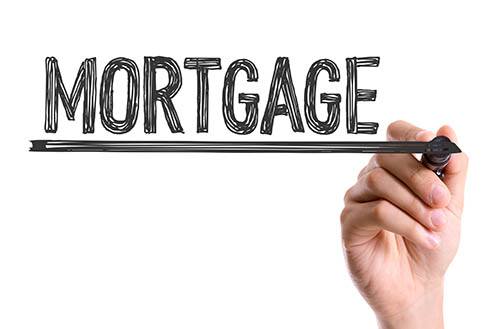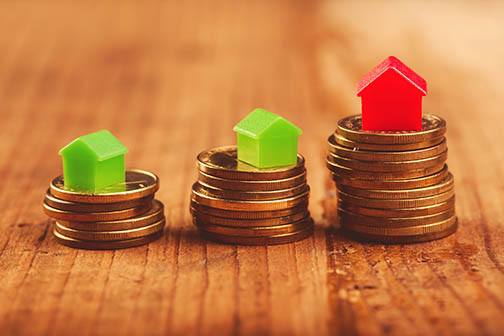How Will Having a New President Impact Your Mortgage? Let’s Take a Look
 There is always uncertainty in the market in an election year, but many people are wondering exactly what kind of impact Donald Trump’s election will have on their mortgage and the real estate options available. Whether you are still paying off your home or have been shopping around for the right one, here are some possibilities for the real estate market following the results of the 2016 election.
There is always uncertainty in the market in an election year, but many people are wondering exactly what kind of impact Donald Trump’s election will have on their mortgage and the real estate options available. Whether you are still paying off your home or have been shopping around for the right one, here are some possibilities for the real estate market following the results of the 2016 election.
An Increase In Luxury Properties
With the release of Donald Trump’s tax plan which provides the most sizeable tax cuts to the wealthy, it could be the case that there will be an increase in the demand for high-end properties which may lead to less availability and a higher price point. As this kind of demand could also work to bump up the median price of real estate in urban areas, it could have an adverse impact on low-income earners who may see themselves priced out of a more expensive market.
Rising Mortgage Rates
Most people that have been perusing the market recently have heard about the low interest rates that make purchasing a home a good financial decision. However, following the uncertainty of the election, interest rates are on the rise. While the sense of instability may persist until potential homebuyers know more, this boost in the rates since the election may mean that many buyers will decide to hold off until the new year.
A Loosening Of Regulations
The concept of the cost involved in regulation was something that Donald Trump brought up many times on the campaign trail, and this could be a sign that he is ready to make adjustments when it comes to housing regulations. While there may be little he can do at the local level, if regulation changes take hold, this could mean more loan opportunities for those with a poor credit history who may not have been a shoe-in for a mortgage previously.
With the fluctuations of the market dependent upon a variety of factors, it’s hard to say what will occur in the mortgage market in the next few months and years. However, with mortgage rates on the rise and the potential change in regulations, it could continue to fluctuate until there is more certainty on the horizon. If you’re currently on the market for a home and are curious about your options, contact one of our mortgage professionals for more information.
 The monthly mortgage payment can be burdensome for many, but it’s possible you’ve thought of trying to pay it down more quickly. Without getting a new job or working overtime, here are some tips you can use on a daily basis to save additional funds and pay off your mortgage at a swifter rate.
The monthly mortgage payment can be burdensome for many, but it’s possible you’ve thought of trying to pay it down more quickly. Without getting a new job or working overtime, here are some tips you can use on a daily basis to save additional funds and pay off your mortgage at a swifter rate. Many people are aware of the financial commitment that is involved when investing in a home, but what that amounts to is different for every person. From what you can afford to what a lender will allow, there are plenty of details involved in determining the right home for you. If you’re not quite sure what the right price is, here’s how to approach home ownership and determine your debt-to-income.
Many people are aware of the financial commitment that is involved when investing in a home, but what that amounts to is different for every person. From what you can afford to what a lender will allow, there are plenty of details involved in determining the right home for you. If you’re not quite sure what the right price is, here’s how to approach home ownership and determine your debt-to-income.